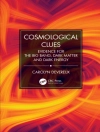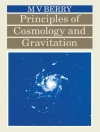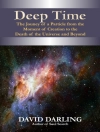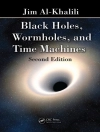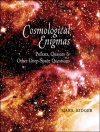Beginning from first principles and adopting a modular structure, this book develops the fundamental physical methods needed to describe and understand a wide range of seemingly very diverse astrophysical phenomena and processes. For example, the discussion of radiation processes including their spectra is based on Larmor’s equation and extended by the photon picture and the internal dynamics of radiating quantum systems, leading to the shapes of spectral lines and the ideas of radiation transport. Hydrodynamics begins with the concept of phase-space distribution functions and Boltzmann’s equation and develops ideal, viscous and magneto-hydrodynamics all from the vanishing divergence of an energy-momentum tensor, opening a natural extension towards relativistic hydrodynamics. Linear stability analysis is introduced and used as a common and versatile tool throughout the book.
Aimed at students at graduate level, lecturers teaching courses in theoretical astrophysics or advanced topics in modern astronomy, this book with its abundant examples and exercises also serves as a reference and an entry point for more advanced researchers wanting to update their knowledge of the physical processes that govern the behavior and evolution of astronomical objects.
Tabela de Conteúdo
1. Theoretical Foundations
2. Radiation Processes
3. Hydrodynamics
4. Plasma Physics and Magnetohydrodynamics
5. Stellar Dynamics
Sobre o autor
Matthias Bartelmann is professor of theoretical astrophysics at the University of Heidelberg, Germany. He studied physics and astronomy at the University of Munich and obtained his Ph.D. in 1992, for which he received the Otto Hahn Medal of the Max Planck Society. He was a post-doc at the Max Planck Institute for Astrophysics in Garching and at the Harvard-Smithsonian Center for Astrophysics. He received the Ludwig Biermann Prize of the German Astronomical Society in 1996 and became a lecturer in astronomy at the University of Munich in 1998. Between 1998 and 2003, he built up and led the German scientific contribution to the Planck satellite mission. Dr. Bartelmann’s research interests are centered on structure formation in the Universe, in particular the study of dark-matter distributions by means of gravitational lensing and probes of non-linear evolution, the problem of dark energy and the physics of the cosmic microwave background.


